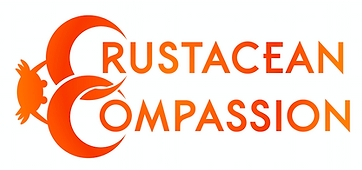Document type: Scientific article published in Journal of Veterinary Behavior
Authors: Gabriela Bussi de Oliveira, Pedro Griczinski, Ana Silvia Pedrazzani, Murilo Henrique Quintiliano, Carla Forte Maiolino Molento
Preview: With the increase in research aimed at improving the welfare of animals raised in production systems and the recognition of sentience in decapod crustaceans, the welfare of shrimp has become a cause for concern. In shrimp farming, practices contrary to the principles of animal welfare are used and largely unknown to the consuming public. This study aimed to assess the views of Brazilians on the importance of incremental animal welfare improvements in shrimp farming, considering the social and cultural aspects of the respondents. To this end, 300 adult Brazilian participants answered questions on welfare, sentience, and eyestalk ablation of shrimp. Among the respondents, 75.7% expressed concern about the welfare of shrimp, believing that they can experience fear (63.0%), pain (84.0%), and pleasure (47.7%). The latter finding suggests a relative reluctance to recognize positive feelings in shrimp. Regarding eyestalk ablation, 81.7% of respondents were unaware of the procedure, but after a brief explanation, 81.3% considered it unacceptable, with 84.0% believing that shrimps suffer from the practice. Most respondents associated terms such as "painful, cruel, suffering, mercantilist, disrespectful, and mutilating" with the practice of ablation. Furthermore, by using Pearson's chi-square test, it was observed that gender, age, region, education, socio-economic status, profession, and frequency of consumption may be related to the respondents' opinions about shrimp welfare and their perception of shrimp sentience. Therefore, by recognizing that public concern drives changes in production methods, increasing knowledge about shrimp sentience and farming practices can help advance socially acceptable methods.




